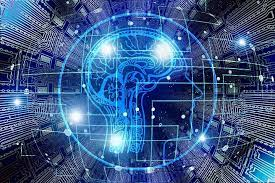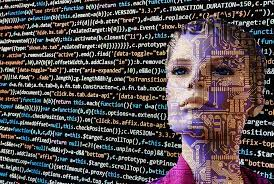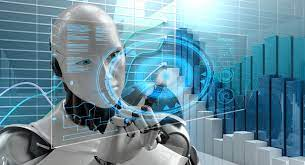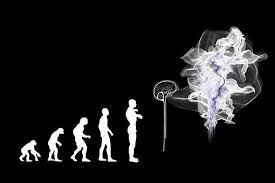The Future of Computing: Emerging Trends and Technologies
Introduction
Computing technology has come a long way since its inception, and it continues to evolve at an astonishing pace. From the early days of mainframe computers to the current era of cloud computing, the computing landscape has undergone a tremendous transformation. In this post, we will explore some of the emerging trends and technologies that are shaping the future of computing.
Artificial Intelligence and Machine Learning
Artificial intelligence (AI) and machine learning (ML) are transforming the way we interact with technology. AI is the simulation of human intelligence in machines that are designed to think and act like humans. ML is a subset of AI that involves training algorithms to learn from data and make predictions or decisions. These technologies are being used in a wide range of applications, from chatbots and virtual personal assistants to predictive maintenance and autonomous vehicles.

As AI and ML continue to mature, we can expect to see even more widespread adoption of these technologies in the years to come. For example, we will see the development of more sophisticated AI systems that can understand natural language, analyze vast amounts of data, and make complex decisions. This will open up new possibilities for automating tasks and solving problems that were previously considered too complex for machines to handle.

Quantum Computing
Quantum computing is a new type of computing that uses the principles of quantum physics to perform calculations much faster than traditional computers. It has the potential to revolutionize the way we solve complex problems, such as those in cryptography, financial modeling, and drug discovery. Although quantum computing is still in its early stages, it is already attracting significant investment and attention from technology companies and governments around the world.

As quantum computing technology continues to develop, we can expect to see more practical applications of this technology in the years to come. For example, we will see the development of more powerful quantum computers that can perform complex calculations much faster than traditional computers. This will open up new possibilities for solving problems that were previously considered intractable, such as simulating the behavior of complex systems or cracking secure encryption codes.

Edge Computing
Edge computing is a distributed computing architecture that involves processing data as close to the source of data as possible, rather than in a centralized data center. This architecture is being adopted as a way to handle the increasing amounts of data being generated by the Internet of Things (IoT) and other sources. By processing data at the edge, edge computing can reduce the amount of data that needs to be transmitted over the network, and it can provide faster and more reliable processing of data.

As the number of connected devices continues to grow, we can expect to see an increasing amount of data being processed at the edge. This will have a significant impact on the way we design and deploy computing systems, and it will require new technologies and approaches for managing, securing, and analyzing this data. Edge computing will also have a significant impact on the way we build and operate data centers, as more data will be processed at the edge, reducing the need for large centralized data centers.

Hi, @habib80246,
Thank you for your contribution to the Blurt ecosystem.
Your post was picked for curation by @fabiha.
Please consider voting for our Upkeep Proposal by Symbionts.